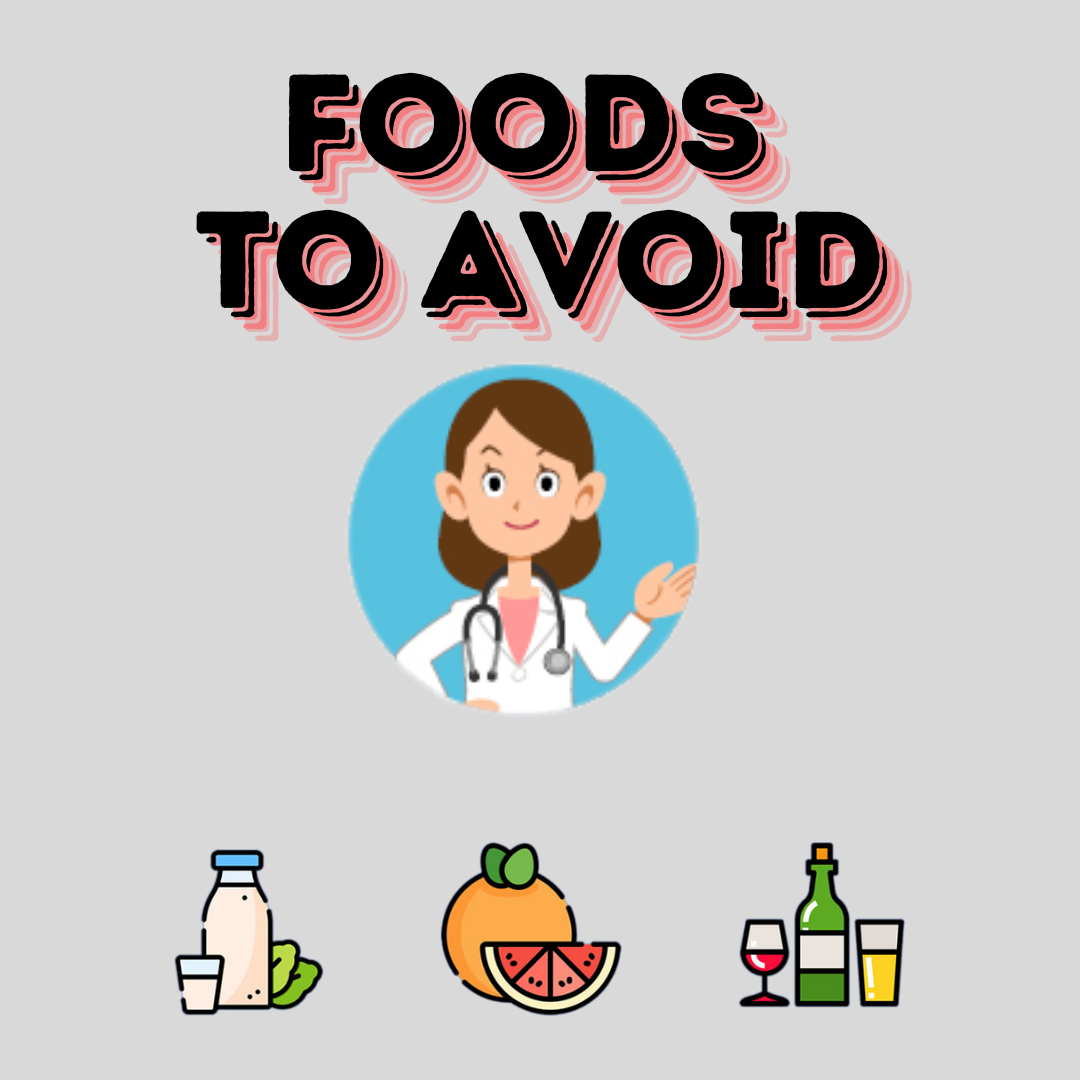A common selective serotonin reuptake inhibitor (SSRI) prescribed to treat depression and obsessive-compulsive disorder (OCD) is fluvoxamine maleate. Even though it can be very helpful in treating these mental health issues, some dietary restrictions must be followed to guarantee the medication's effectiveness and reduce any possible negative effects. These five items should be avoided when using this medication.
1. Grapefruit and Grapefruit Juice
Grapefruit and its juice are notorious for interacting with a wide range of medications, including Fluvoxamine Maleate. Grapefruit contains compounds that inhibit the enzyme CYP3A4, which is crucial for the metabolism of many drugs. When this enzyme is inhibited, the levels of the medication in your bloodstream can increase, leading to an elevated risk of side effects such as dizziness, drowsiness, and serotonin syndrome. To avoid these risks, it's best to steer clear of grapefruit and its juice while on this medication.
2. Caffeine-rich foods and Beverages
Caffeine, found in coffee, tea, chocolate, and some energy drinks, can interfere with the metabolism of Luvox. The medication can increase the levels of caffeine in your blood, potentially leading to heightened side effects like jitteriness, increased heart rate, and insomnia. If you’re taking this medication, it’s advisable to limit your intake of caffeine or avoid it altogether to prevent these undesirable effects.
3. Tyramine-Rich Foods
While more commonly associated with monoamine oxidase inhibitors (MAOIs), tyramine-rich foods can still pose a risk when taking Fluvoxamine Maleate. Tyramine, an amino acid found in aged cheeses, cured meats, fermented foods, and certain alcoholic beverages, can cause a hypertensive crisis (a sudden and dangerous increase in blood pressure) when ingested in large amounts. Although this risk is lower with SSRIs like this one, it's still wise to moderate your intake of these foods to maintain overall health and well-being.
4. Alcohol
Fluvoxamine Maleate's side effects, including drowsiness, dizziness, and decreased motor skills, can be made worse by alcohol. Furthermore, alcohol can exacerbate anxiety and depressive symptoms, negating the therapeutic effects of the drug. Alcohol consumption while taking this medication may also raise the possibility of serotonin syndrome, a potentially fatal illness. To guarantee the best possible treatment results and safety, it is therefore strongly advised to abstain from alcohol while taking this medication.
5. High-Fat Meals
Fluvoxamine Maleate absorption and metabolism may be hampered by high-fat meals. Eating a high-fat meal can cause the medication to take longer to take effect, which will lessen its potency. A high-fat diet can also raise the risk of weight gain, which is one of the medication's possible side effects. It is better to choose low-fat, balanced meals to maintain a healthy weight and to get the most out of the medication.
Managing your diet while taking Fluvoxamine Maleate is crucial for maximizing the medication’s effectiveness and minimizing side effects. Avoiding grapefruit and grapefruit juice, limiting caffeine intake, moderating tyramine-rich foods, steering clear of alcohol, and opting for balanced meals can significantly enhance your treatment experience. Always consult with your healthcare provider for personalized advice before making any significant dietary changes. By being mindful of these dietary considerations, you can help ensure that your treatment is as safe and effective as possible.





Comments